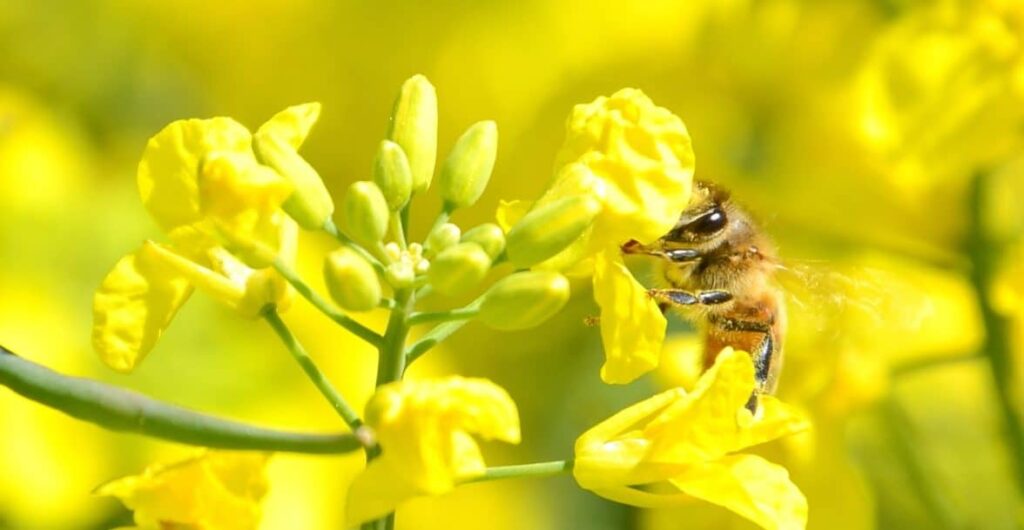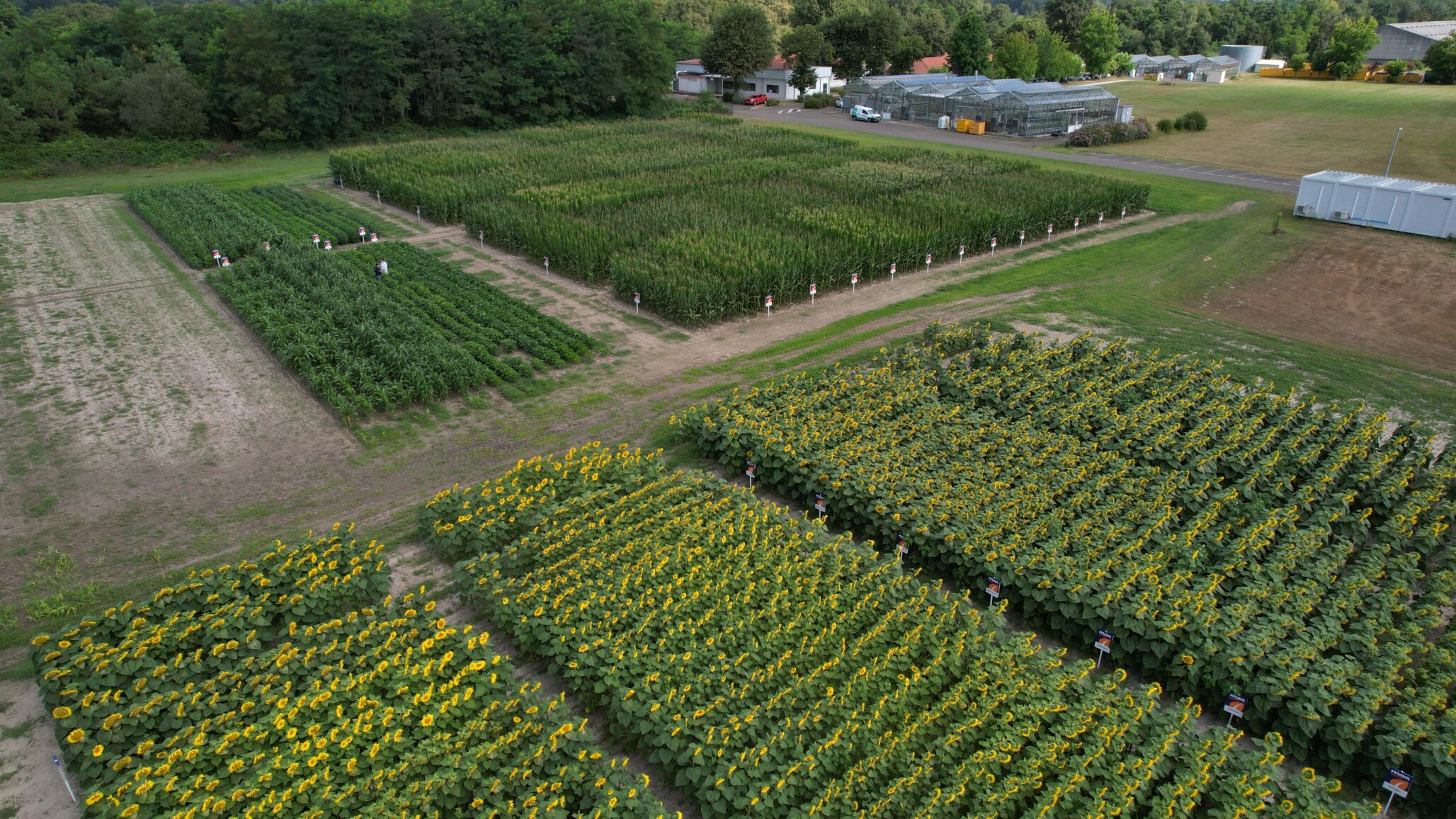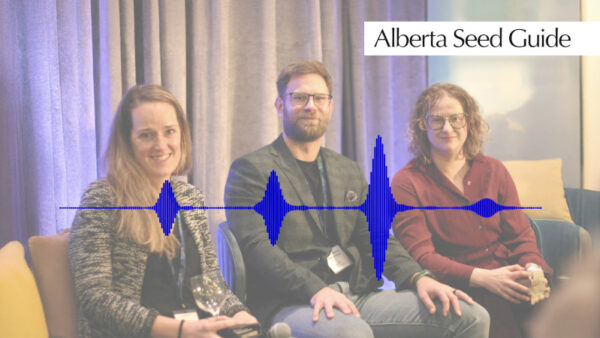More than 10 years ago, Euralis operated a complete reshuffling of the winter oilseed rape (WOSR) breeding program. The goal was to build a new approach focused on hybrids and heterosis maximization strategy. This new strategy combined with the long experience of breeders and the high technology molecular marking tools are today delivering very good successes.
Our main WOSR breeding targets are based on three principles: Performance, Protection and Profitability. Therefore, we call the program P3generation. Each of these three principles is subdivided in several pillars. Performance mainly addresses yield results and quality (including oil and proteins). Protection focuses on Phomaresistance, and tolerance to other diseases (Verticillium, Sclerotinia, Cylindrosporium), as well as on winter hardiness. And last but not least, Profitability addresses yield stability (between regions and between years) and pod shattering tolerance. Altogether, these seven selection criteria are studied and monitored across a large European network, making it possible to identify around 15 promising varieties every year from among the hundreds that are screened.
The P3generation is quite special mainly because of the overall coordination of our European breeding network and because of its pragmatic approach. By 2017 we had doubled the volume of experimentation and we reached more than 50,000 plots in Europe. Another particularity of the P3generation is that we utilize the specificities of each European region for the benefit of all other regions. For example, an experimental hybrid in Central Europe reveals its cold weather behavior in its first years. If we had tested the same hybrid only in France, we would have to wait 10 to 15 years to evaluate its performance in extreme conditions. We adopt the same approach for diseases. Overall, we analyze the hybrids behavior in the most favorable conditions for the development of diseases.
To boost our research programs, we have introduced biotechnology early on. For example, already some 20 years ago we started using haplodiploidization which guarantees a significant time saving in the breeding process. In addition, we invested very early in molecular marker techniques. We use them to accelerate the introduction of disease tolerance in our elite varieties, and to define so-called heterotic groups that help us develop superior hybrids.
I am happy to announce that in 2015, we registered the first two P3Generation hybrids, ES Imperio and ES Cesario. Both have demonstrated excellent results across Europe. Three other products, ES Barocco, ES Momento and ES Amadeo are also extremely promising. The P3Generation flow is growing and is expected to boost our WOSR sales.









